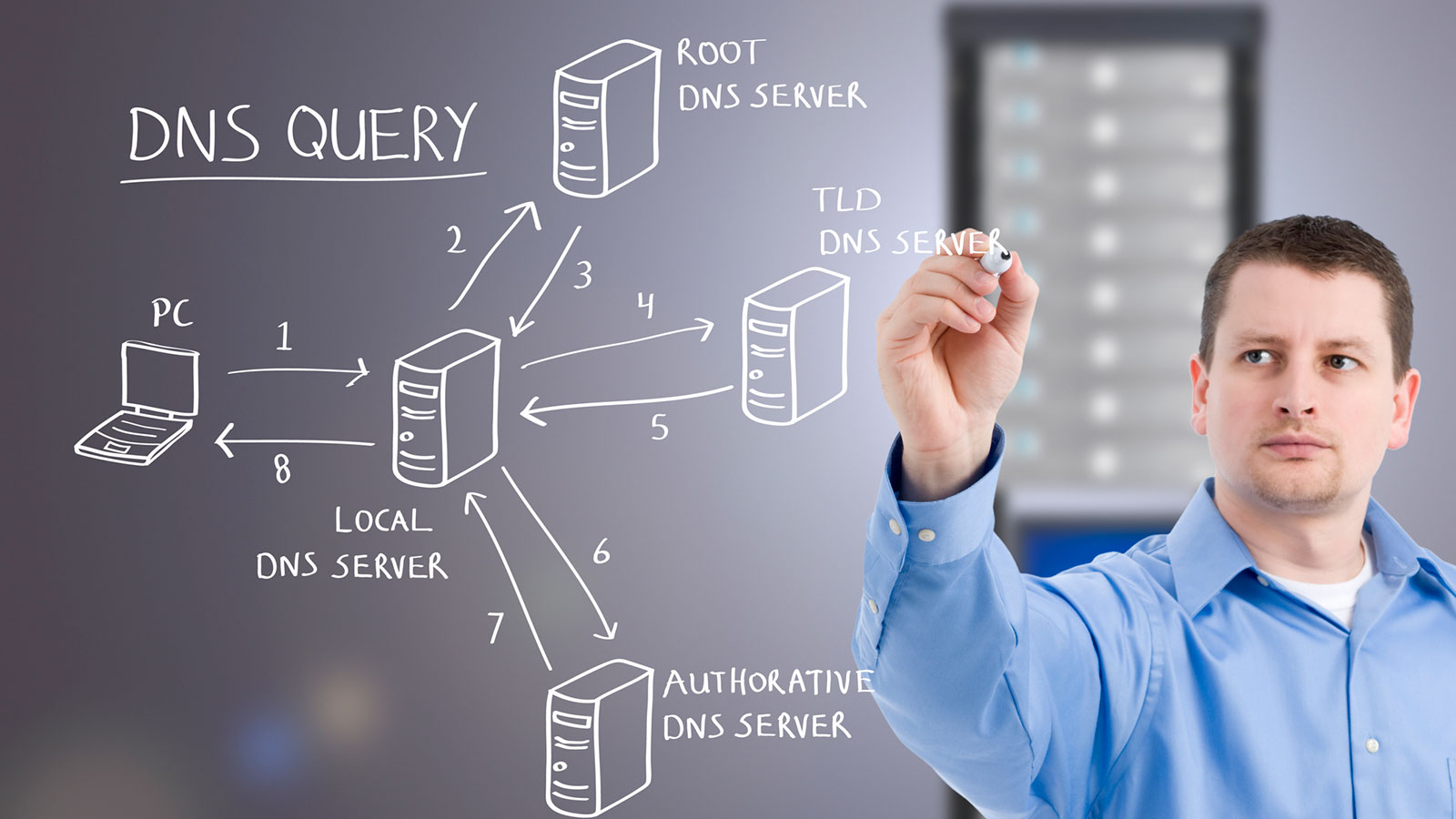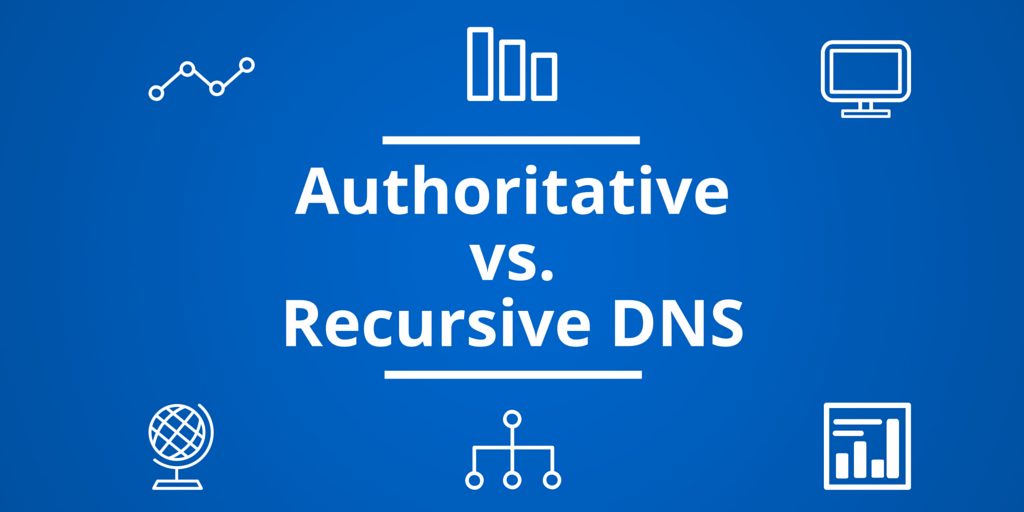
Authoritative Name Servers provide security and stability to your enterprise-class Domain Name System (DNS). They work by directing all incoming data to the right servers for processing. These servers are usually housed in co-located hosting arrangements with other companies offering similar services. This ensures maximum reliability for all incoming data. There are many advantages offered by Authoritative Name Servers, and they include:
An authoritative name server is structured like a conventional name server except that it has been placed into the name server list. Each DNS zone has an open list of authoritative name servers. They are sometimes referred to as global address registers because they essentially act as the gateway through which clients connect to the global name server database. This makes them ideal for connecting to the DNS server of a company’s main site.
Authoritative name servers contain DNS records and are authoritative for the zone containing the name of the user. In order to receive information from one such server, clients connect to the DNS server and then perform a DNS query that retrieves the desired information. This process is then repeated to obtain the information from any other DNS servers on the same network or among the servers of an organisation’s peer group. For instance, if you enter a domain name into the browser of Microsoft Outlook, it will check the DNS cache to see whether there are any records pointing to that domain name and then performs the DNS query as requested by Outlook.
The DNS resolver is a special type of server used to allow multiple names of domain names to point to one single server. This allows for improved efficiency when performing DNS lookups. This type of resolver also allows clients to specify the names of entities that will be able to receive notifications of successful DNS queries through email. With improved efficiency, resolvers can perform multiple DNS lookups in a fraction of the time compared with the normal case where the DNS client would have to query different DNS server on its own.
Another advantage of using authoritative name servers is the added security that they provide. With the resolvers being authoritative for the zones they host, it allows for requests to be passed between these servers faster than with normal servers. There is also less congestion on the network, as there are only a few entities using the DNS server at a given time. This further reduces the amount of bandwidth usage.
Besides being used to simplify DNS resolution, another advantage of having an authoritative DNS server is that it can reduce the need for system administrators to physically configure and manage DNS zones and their associated entries. This reduces the installation costs as administrators do not have to worry about updating DNS zones and configure the settings on DNS servers within the local network. An administrator can instead simply instruct the DNS server on a template, provided for by the manufacturer, or instruct the DNS server to use any other DNS server found in the same area. Most manufacturers of DNS servers allow for the client to either use the same template or a different one based on the area of coverage or if the geographical region has special requirements such as a preferred DNS server.
Some of the major companies that offer comprehensive DNS services include ICANN, which is the organisation behind DNS and is responsible for overseeing the maintenance of the DNS and other DNS related technologies. Other companies like EDG, which offers DNS control services, are primarily focused on offering DNS solutions to business users and companies. TLD Name Service (TLD) is a type of authoritative name server whose main role is to provide DNS-related services. Other companies like AnyWho and Net registrars are primarily focused on offering DNS security services to help organizations safeguard their domains against hackers.
If your organisation’s DNS server is configured to use an authoritative DNS server, then basically, you are protected from hacker attacks since the server can only answer queries coming from an authoritative name. The majority of common attacks on servers are due to spoofing, where an attacker can send forged DNS responses, thus posing as an IP address of an authorized user. An authoritative resolver offers some advantages over a non-authoritative one. With an authoritative DNS resolver, you get to control the DNS zone updates, which in turn increases the security of your domain name. This feature is especially useful to protect against spoofing attacks and others.

